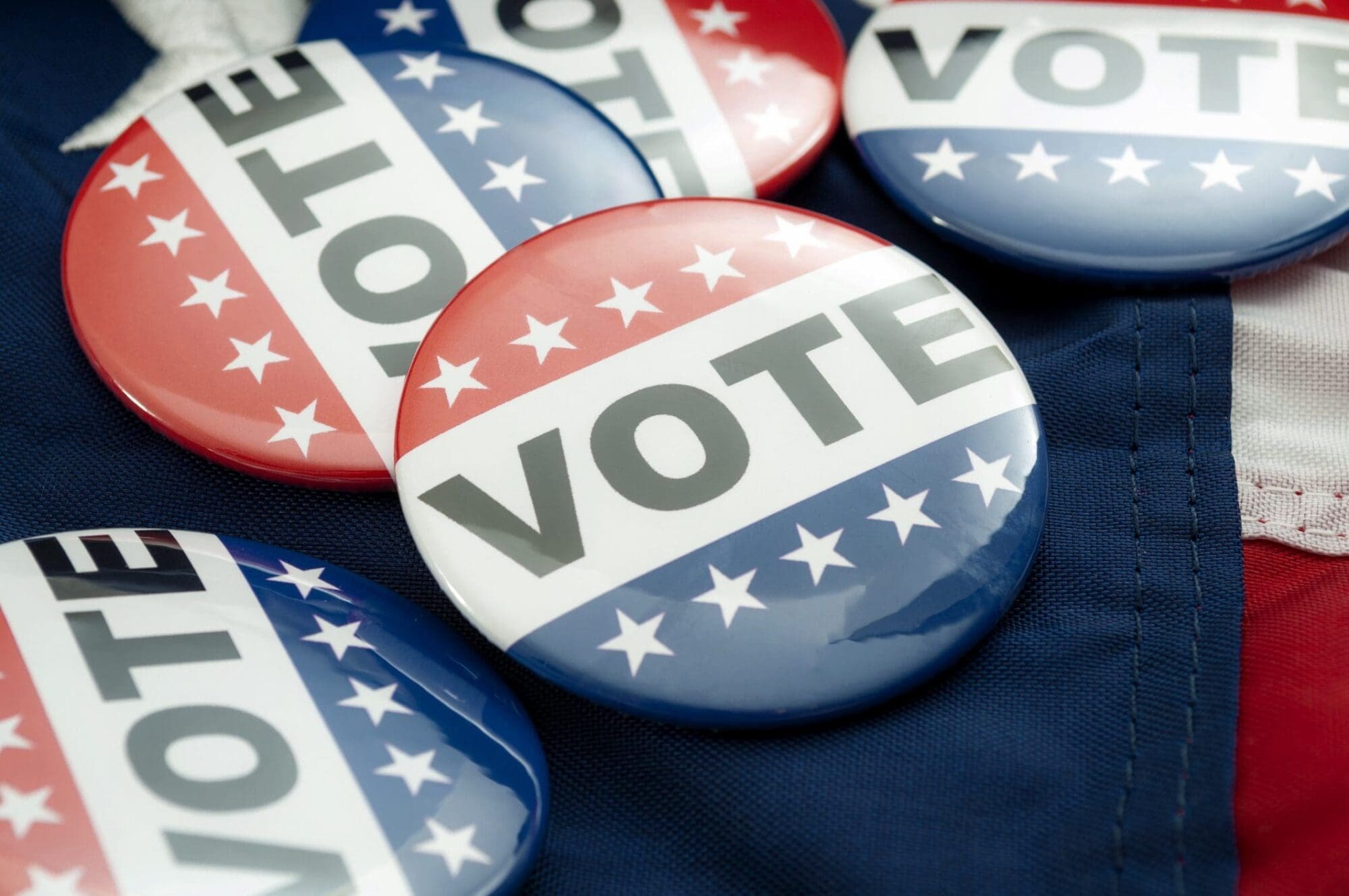AUSTIN — This year’s regular Texas legislative session is over, and citizens are wondering why state lawmakers did not complete citizens’ priorities—such as protecting young women in Texas.
As school-aged girls across the country face the threat of losing their sports scholarships and opportunities to boys, the Republican-controlled Texas Legislature chose to reject multiple proposed laws that would’ve protected the young women.
The Proposals
Specifically, Republican lawmakers during the session presented two primary options:
House Bill 4042 would’ve ensured male students would not be allowed to compete on specific women’s K-12 interscholastic athletic teams, while a similar proposal, House Bill 1458, would’ve clearly defined school athletic teams—including higher education—as “only students of the same biological sex; or students of both biological sexes.”
“A biologically male student may not participate in an athletic team … that is designated for participation by only biologically female students,” reads HB 1458.
However, both of those bills barely moved forward in the legislative process, and lawmakers instead chose to push Senate Bill 29, the Senate’s identical version of HB 4042 and one of Lt. Gov. Dan Patrick’s top priorities.
After sifting the proposed laws down to one, lawmakers set the stage to approve protections just for K-12 women’s sports teams, and not for higher education.
The Storyline
Early on in the session, though the two House Bills never gained momentum, how they stalled seemingly revealed the primary opponent of the women’s sports effort: Texas Speaker of the House Dade Phelan.
For background, Phelan was one of only three Texas House Republicans to receive a positive grade from Equality Texas, a pro-LGBT advocacy organization.
Regarding HB 1458, Phelan sent the proposal to his appointed House State Affairs Committee—where his appointed chairman, State Rep. Chris Paddie (R–Marshall), did nothing on the bill for nearly two months despite citizen lobbying.
For HB 4042, Phelan sent that proposal to his appointed House Public Education Committee—where his appointed chairman, Democrat State Rep. Harold Dutton (Houston), hosted a hearing but did not allow a committee vote on the bill, telling a newspaper that it was “not going to make it out.”
Phelan also appointed the members of that committee—six Democrats and seven Republicans—with one of the Republicans, State Rep. Dan Huberty (Kingwood), indicating he would join Democrats in voting against the women’s sports protections.
However, as the session unfolded and SB 29 entered the scene, the overall plot took an eventful turn.
SB 29 initially passed the Senate in mid-April, but when it reached the House, Speaker Phelan again seemingly set the effort up to fail by also sending the proposed law to his Democrat-run committee.
The committee unsurprisingly killed the bill, voting it down in early May.
However, just a few days later, committee Chairman Dutton suddenly revived the legislation, as a sort of retribution to his fellow Democrat members for killing some of his other bills.
Dutton’s committee approved SB 29 and sent it forward in the legislative process, though they did make a fatal change to the bill—instead of ensuring students compete on certain teams that match their biological sex at birth, the committee removed the last wording, only requiring a matching birth certificate.
That means a student could simply change their birth certificate if they wanted to compete on a team of the opposite sex.
Regardless, SB 29 moved ahead to the Calendars Committee, where proposed laws are scheduled for a vote in the full House chamber. Chairman Republican State Rep. Dustin Burrows (Lubbock)—already facing intense controversy for blocking other critical GOP priorities—placed it toward the end of a long legislative calendar, right up against an end-of-session deadline.
The full House chamber unsurprisingly never got to the bill, and the whole effort failed.
The Women’s Sports Issue
The reason for the proposed laws in the first place was because of a growing wave of unjust policies across the country imperiling women’s athletic opportunities and scholarships.
The NCAA currently allows biological boys to intrude on girls’ sports and even threatened to move championship games away from Texas if state lawmakers chose to pass the bills to protect women.
There is also an increasing number of wrongful instances, such as those of Connecticut high school track and field athletes Selina Soule, Chelsea Mitchell, and Alanna Smith, elite women runners who have missed out on regional and state athletic opportunities, college scouts, and potential scholarships because men were allowed to intrude in their sport. Two biological male students entered and dominated their field, winning 15 women’s track championships that were previously held by nine different girls.
“Title IX was designed to eliminate discrimination against women in education and athletics, and women fought long and hard to earn the equal athletic opportunities that Title IX provides,” said Christiana Holcomb, legal counsel for the nonprofit Alliance Defending Freedom. “Allowing boys to compete in girls’ sports reverses nearly 50 years of advances for women under this law. We shouldn’t force these young women to be spectators in their own sports.”
What Now?
Back in the Texas capitol, after House Republican lawmakers killed the effort in late May, Equality Texas tweeted in celebration of SB 29’s demise, thanking their “allies who helped #ProtectTransKids and make this possible.” They included a picture of Speaker Phelan.
Though lawmakers have left women’s sports at risk for now, Lt. Gov. Dan Patrick recently called on Gov. Abbott to reconvene the Legislature in June to complete that and other priorities House Republicans have killed.
“Asking @GregAbbott_TX to call a June #SpecialSession today to pass #SB29 to save girls sports, #SB10 to end taxpayer funded lobbying and #SB12 to stop social media censorship,” Patrick tweeted. “The TxHouse killed these conservative bills that majority of Texans in both parties support.”
Last week, Gov. Abbott did indicate he will call at least two special sessions, though it is unclear if he will include the women’s sports protections on the agenda.
Concerned citizens may contact their state representatives or Gov. Abbott.





